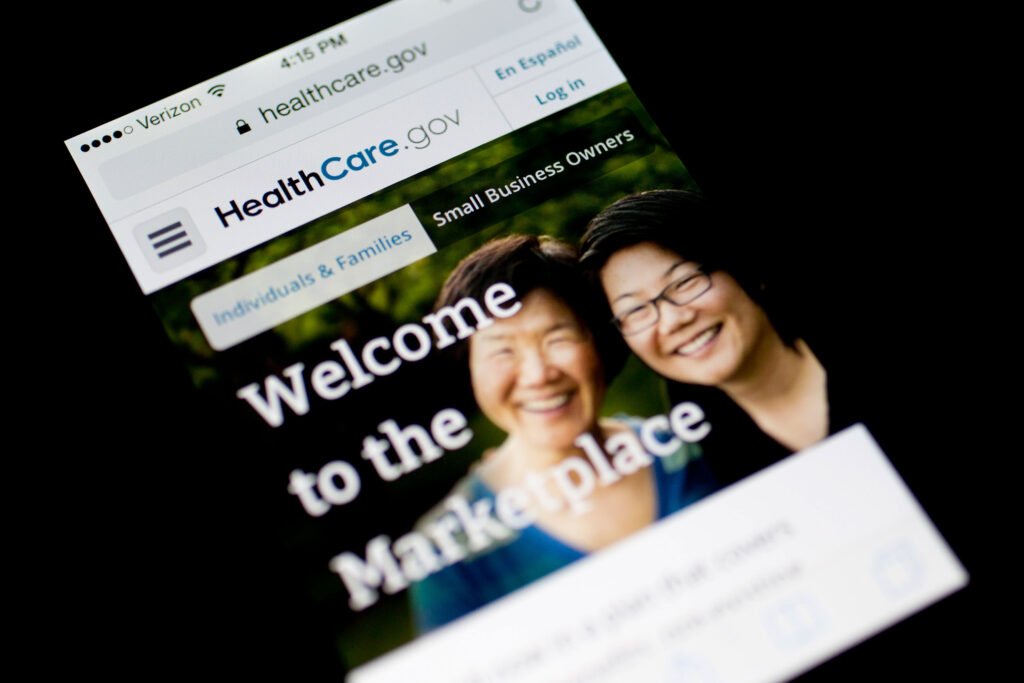The debate over the Affordable Care Act (ACA) marketplaces and the presence of fraud within them continues to be a hot topic, particularly among Republicans in Congress. As discussions unfold regarding the extension of tax credits that help individuals afford health insurance coverage through the marketplaces, concerns about misuse and abuse of these subsidies are at the forefront of the conversation.
Vice President JD Vance recently expressed his views on the matter during an interview on CBS News, emphasizing the need to ensure that tax credits are allocated to those who truly require financial assistance for healthcare. This sentiment is echoed in a report published by the Paragon Health Institute, which sheds light on what they refer to as “phantom enrollees” in the ACA marketplaces.
According to the report, there has been a significant increase in the number of enrollees who do not make any medical claims throughout the year. This trend, as highlighted by Paragon president Brian Blase, raises suspicions of fraudulent activities within the insurance industry. The analysis of Centers for Medicare & Medicaid Services data further underscores this concern, revealing a rise in zero-claim enrollments over the years.
However, experts caution against jumping to conclusions based solely on these numbers. Cynthia Cox from KFF explains that the data may be skewed due to double-counting of enrollees who switch plans during the year. Moreover, the implementation of enhanced ACA subsidies has led to a surge in marketplace enrollments, with a portion of these enrollees being younger individuals who are less likely to utilize healthcare services.
While the issue of fraud within the ACA marketplaces is real, experts stress the importance of accurately assessing the scale of the problem. It is essential to differentiate between legitimate enrollees who may not require medical care in a given year and fraudulent activities orchestrated by rogue insurance brokers.
As the debate continues in Congress, Democrats and Republicans are at odds over the future of ACA subsidies and the potential impact on insurance premiums. While Democrats advocate for extending the current subsidies to maintain affordability for low- and middle-income individuals, Republicans raise concerns about the implications of subsidizing insurance companies and the subsequent rise in prices.
Ultimately, the discussion surrounding ACA marketplaces and the presence of fraud underscores the need for a comprehensive approach to ensure that healthcare subsidies reach those in need while safeguarding against misuse and exploitation of the system. As lawmakers navigate these complex issues, the focus remains on striking a balance between accessibility to healthcare and fiscal responsibility within the healthcare system.


